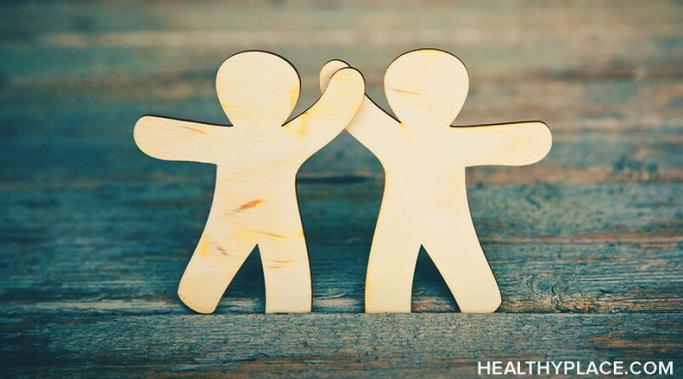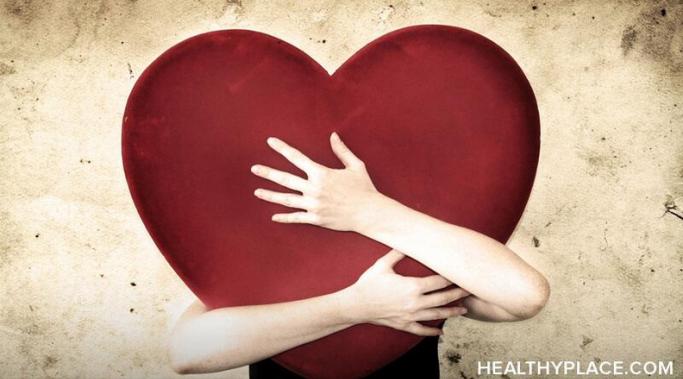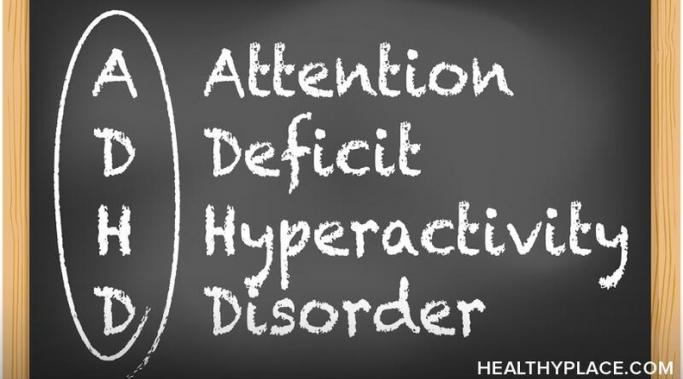Unfortunately, many people who have been in a verbally abusive relationship will continue to have verbal abuse triggers later in their lives. Sometimes, these situations create stress and bring back the same feelings of vulnerability for the individual who experienced the verbal abuse. Even if the present relationship is not abusive, it can be hard to adapt and move on from verbal abuse when triggers happen.
Signs and Symptoms of Abuse
Comments about verbal abuse can help or hurt. People can be generally helpful, even when they hear of a verbally abusive relationship. They may offer words of support or advice they think are beneficial to the situation. Often, these people mean well, but sometimes, their comments about verbal abuse are not helpful or well-received. There can be a fine line between supporting a victim of verbal abuse and minimizing their experience.
Handling others' reactions to verbal abuse can be challenging. Managing a verbally abusive relationship is difficult, especially when an outsider provides their opinion on the situation. Listening to reactions from others dismissing the severity of the problem can cause feelings of anger and resentment. Someone who is the regular target of verbal abuse may seek out support from others only to face avoidance or skepticism.
Unfortunately, retail and service workers are often the target of verbal abuse. No one deserves to be called names, insulted, or threatened, especially while doing their job. Sadly, verbal abuse in retail and service professions is becoming more frequent in many restaurants and stores.
For some people, an all-or-nothing mentality can be one of the possible results of verbal abuse. However, it isn't just verbally abusive actions that can cause this. Anxiety, depression, and low self-esteem are also commonly linked to an all-or-nothing mentality.
Two common responses to verbal abuse include fawning and appeasement. Although they share some similar characteristics, each is unique and can produce alternative results. I used to think appeasement was the same as fawning, but I was wrong.
Advice for verbal abuse is often sought. This call for help can be subtle or obvious, depending on their personality. Not surprisingly, I've been on both sides of this scenario. Although it can be easy to give verbal abuse advice, following it may be more challenging.
I consider conditional love to be part of verbal abuse. Not all verbally abusive behaviors are apparent. Instead of demeaning insults or threats, sometimes it involves less obvious actions, like withholding affection. This type of conduct can still be harmful to anyone who is the target of conditional love and verbal abuse from a person they care about.
Managing attention-deficit/hyperactivity (ADHD) behaviors can be challenging for many people, especially those in abuse recovery. Often, triggers can amplify a person's reactions to someone's actions or words. In some cases, like mine, my battle with ADHD helped fuel my verbal abuse recovery process.
Verbal abuse can affect many areas of life, including your view of body image and diet. Because this abusive tactic targets your self-esteem, experiencing negative comments about your weight can directly impact how you manage food consumption. In short, verbal abuse can affect your diet choices.









